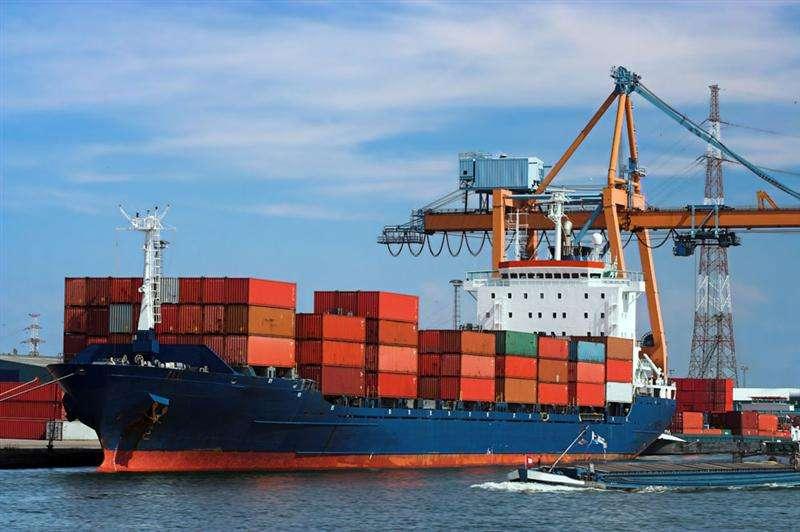BEIJING, July 18 (Xinhua) -- The use of shipping derivatives, such as Forward Freight Agreement (FFA), is a critical and effective solution in an increasingly uncertain world, especially for Chinese-owned ships, said William Chin, head of commodities at Singapore Exchange (SGX), in a recently released report.
Chin said in the recently released annual report of Xinhua-Baltic International Shipping Centre Development Index that, the urgency to hedge has increased as 2019 saw a roller coaster ride in prices, and while the U.S.-China trade friction has broadly redirected physical trade flows, this will have severe and long term consequences as the stand-off continues.
The World Bank estimates global growth in 2019 to slow to 2.6 percent, while the International Monetary Fund (IMF) forecasts conservatively-placed global trade flows to shrink by half a percentage point. “This will inevitably translate into a big drop in demand with more ships expected to lay idle,” said Chin.
“We could see an outsized impact on Chinese participants for two key reasons. Firstly, China has overtaken Japan to become the world's second-largest ship-owning country, with Clarksons Research estimating Chinese-owned ships accounted for 170 million gross tons of shipping capacity as at August 2018. Secondly, Chinese adoption of FFAs for risk management purposes remains low,” Chin noted.
However, Chinese institutions are becoming increasingly comfortable using derivatives in managing their cash flows, and the Chinese retail crowd are increasingly sophisticated in their trading strategies, Chin added.
Chin noted that 2019 marks the 13th anniversary since SGX sailed into the clearing of FFAs. With global trade powering ahead on the back of China's relentless rise, shipping is increasingly Asian-centric. Asia now accounts for over 40 percent of global economic output, with China producing, importing or consuming the majority of commodities.
While the fate of freight is intricately tied to the cargo that is being transported, it is therefore no surprise that SGX commands the majority of FFA and iron ore derivative market share, reflecting the ever growing importance of China in global trade flows, according to Chin.
He stressed that "in an increasingly uncertain world where dark geopolitical clouds of volatility loom on the horizon, FFA hedging can only become more critical and effective."
FFAs today allow insurance against uncertainty in the cost of freight, indexed to rates published by the Baltic Exchange, the leading maritime and freight market information provider of shipping benchmarks, he said.
(Edited by Yang Qi, kateqiyang@xinhua.org)




 A single purchase
A single purchase









